Social media plays a big role in influencing students’ daily lives. From diet fads to weight loss hacks, the media has a plethora of different ideas and perspectives as to how our body should look and how it can be changed. Most of these trends come and go just as quickly as the last one, however the drink Celsius; an energy drink that has 200 mg of caffeine, has defied those ‘rules’.
It has been around for a few years, continuing to get more and more popular on social media apps like TikTok and Instagram. Students and teachers alike speak passionately about this drink, whether they like it or not, so as to inform those who are curious about the drink or want to potentially cut back on it.
As seen by their colorful packaging and unique flavors, it’s pretty obvious that Celsius is tailored to a younger audience. A few of DePaul Prep’s seniors speak about their personal experiences with Celsius, specifically their opinions on the drink and why, or why not, they continue to drink it.
Haley Pitcock, captain of the volleyball team, speaks about her current relationship with Celsius and how it came to be. As a student athlete and a coach of club volleyball, Pitcock expects to be tired on a daily basis. She mentions trying to find a form of energy other than coffee, which she personally isn’t a fan of, around her sophomore year. She mentions the first time she saw Celsius on the shelves, excited about a new product she picked a few up. She mentioned how the drink “looked a lot healthier” than something like Red Bull or Monster, which can be explained by a sort of “scare” factor that those drinks have.
Kelly Keckler, an avid Celsius denouncer and science teacher here at DePaul Prep, speaks about the psychological component of energy enhancing beverages like Monster or Red Bull.
Keckler says, “I wasn’t really surprised when everyone turned on the big name brands, most of those energy drinks have a certain scare factor.” This means that Celsius marketers hit that sweet spot between fear and excitement, with the mix of “pretty packaging” while still having a high level of caffeine.
Keckler goes on to say that those specific marketing people were targeting a younger age group. Keckler is especially passionate about this topic because of her personal experience without the drink. She coaches the girls soccer team here at DePaul College Prep and is very adamant about keeping her girls away from the beverage. She says it’s a personal choice.
“I was an athlete all my life and I was always told to stay from enhancements. Coaches have always told me, “if you are serious about the sport in college, you should know you won’t be allowed to drink them while you’re there.”
One of her players, senior Ava Bucholz, speaks to this sentiment saying that she will never drink a Celsius because it is “unhealthy and I know a lot of people who have gotten heart murmurs from them.”
One of those students who has suffered from a heart problem most likely caused by Celsius is senior Lucy Fries. She remembers drinking it for the first time her junior year, but never really started enjoying it until the start of her senior year.
As time went on, she started to notice feelings of chest pain along with heartburn, so Fries decided to go to the doctor and get those symptoms checked out. They followed up, telling her to “eliminate her caffeine intake” as soon as possible.
After about a month with no Celsius, Fries started to see those symptoms diminish and she started to feel a lot better. While she stills drinks Celsius, this story poses as a warning to those curious about Celsius or are wanting to stop drinking it.
This was one of the many reasons that cafeteria manager Parker Kocowicz had to eliminate Celsius from DePaul Prep’s school cafeteria. He mentioned that previous management had started to sell the drink for about a year before Kocowicz came in. While he “loves the drink just as much as everyone else,” he realizes that his body is able to handle the drink; much more than a 14 year old freshman simply looking for a fruity beverage.
“They should not be sold to kids under 18,” he says when asked about the recent elimination of the drink. Recently, Kocowicz and the entire Quest team have worked together to find another drink that has the same delicious flavor and pretty packaging. ‘Bubblr’ is the name, and it only has 69 grams of caffeine compared to the whopping 200 mg that Celsius has.
Students’ minds are young and very moldable. It’s important that their development is taken very seriously. One of the major factors in brain development is what we decide to put into our bodies, especially caffeine. Finding an alternative to the overpowering drink once sold was essential in the transition, and hopefully lower students’ caffeine intake in the future.


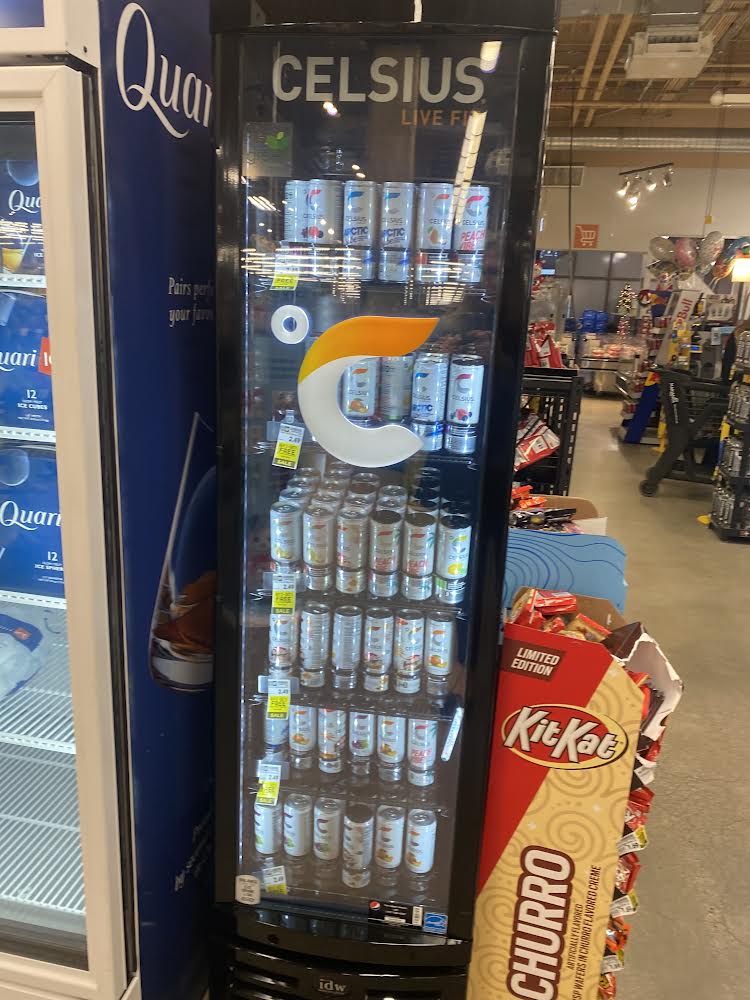


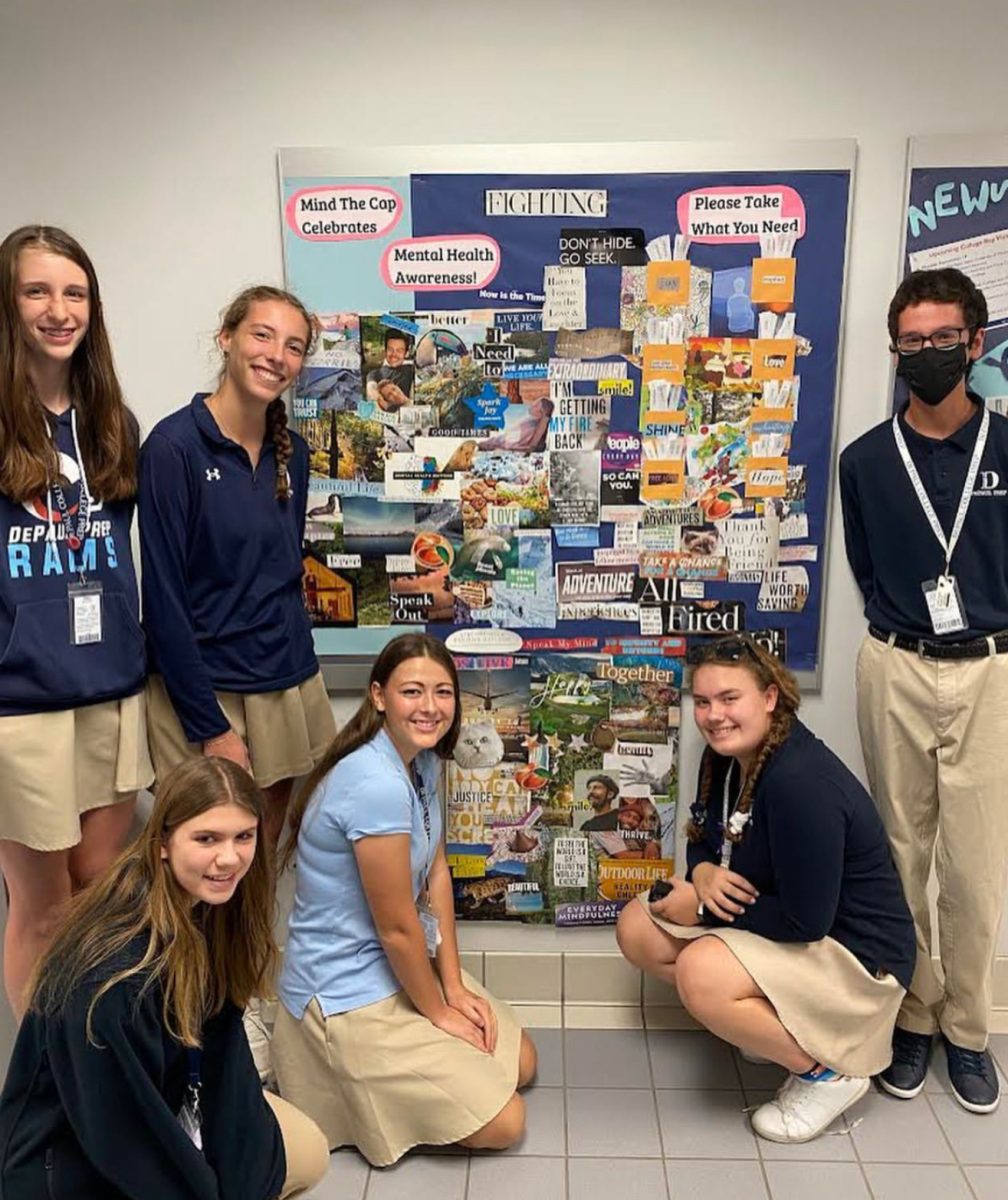
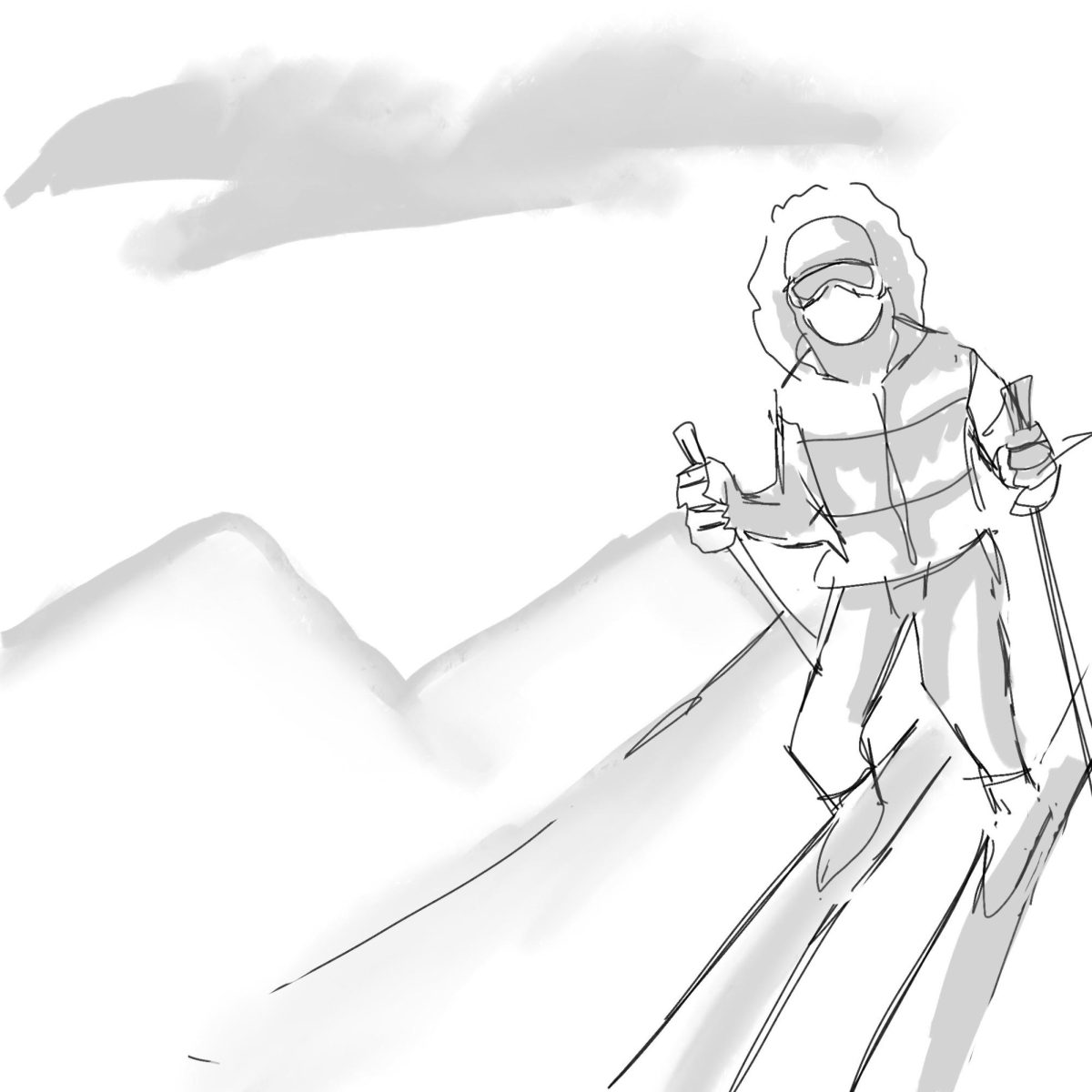
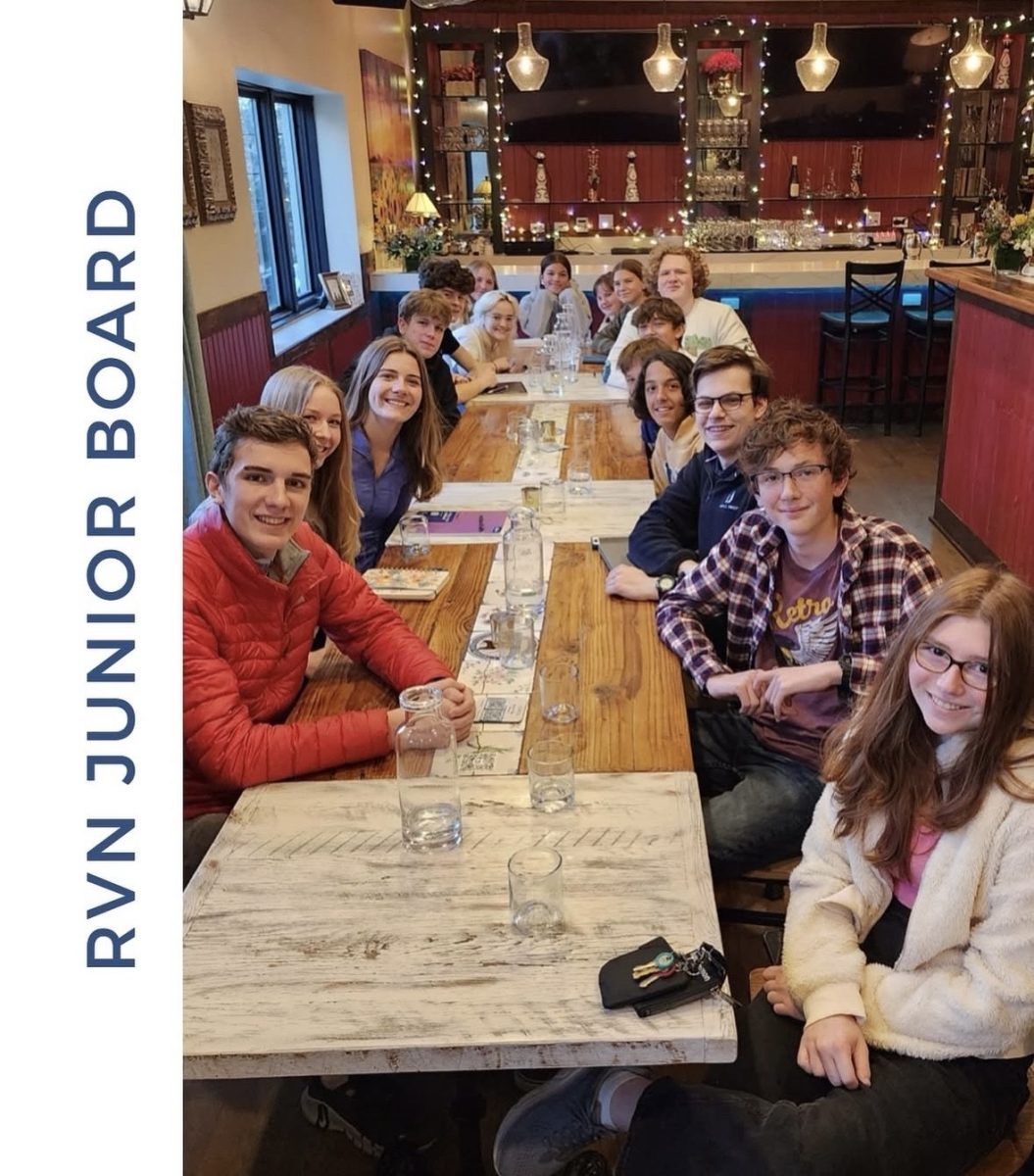
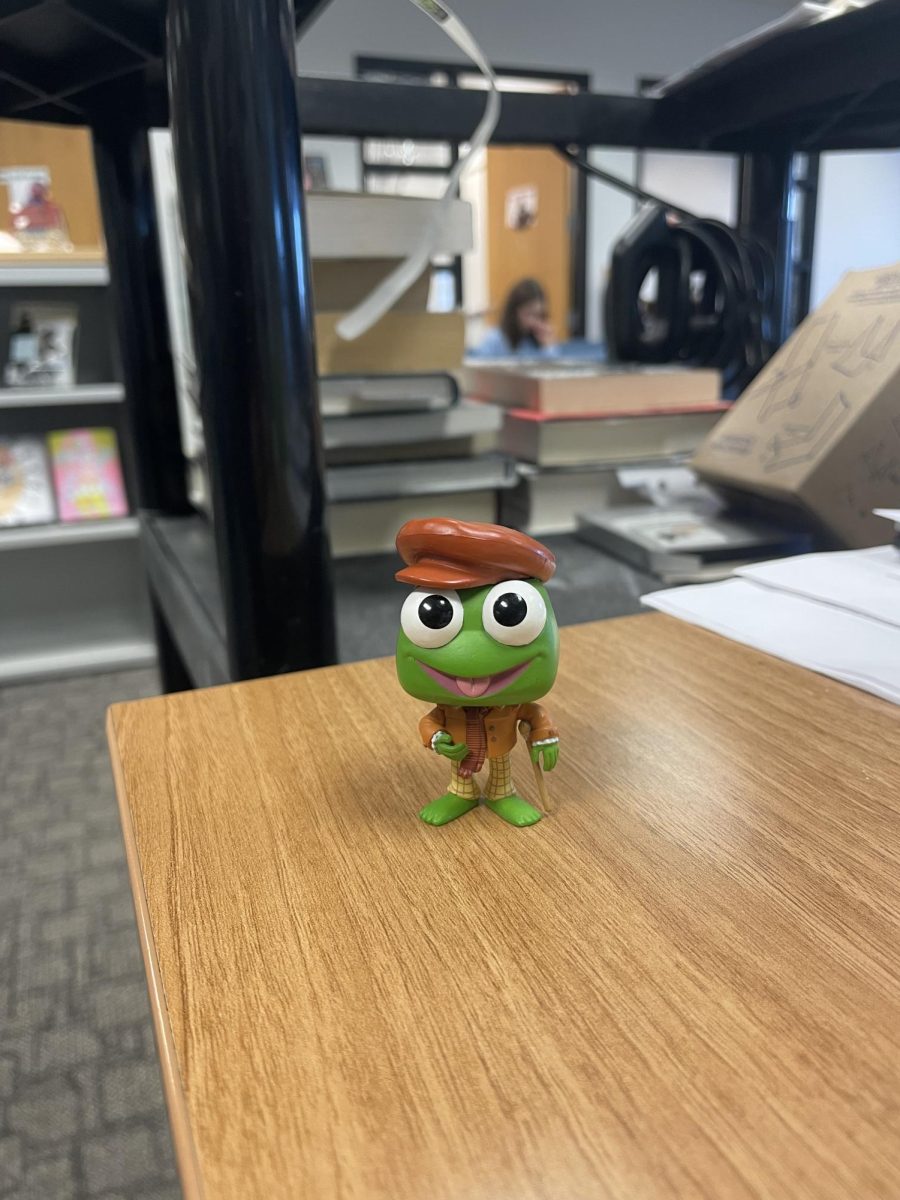
Ms. Merkl-Deutsch • Dec 15, 2023 at 08:31
Wow! This topic has been on my mind and this article has provided such helpful information from diverse angles! Thank you, Noreen! Well done!